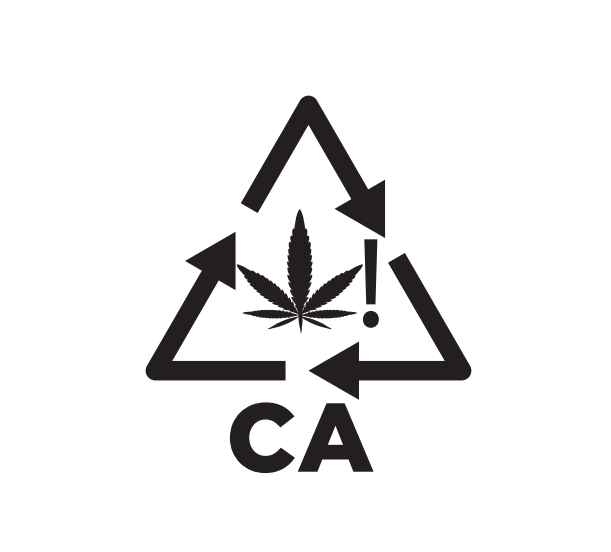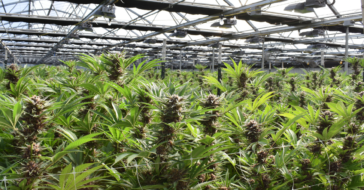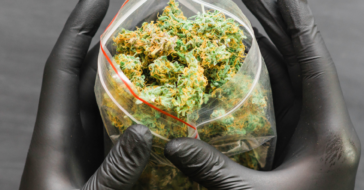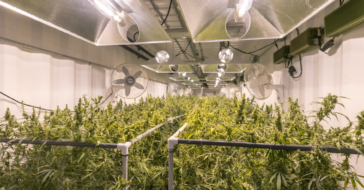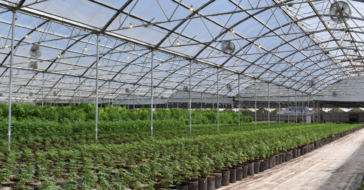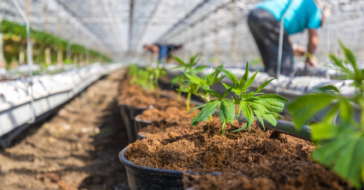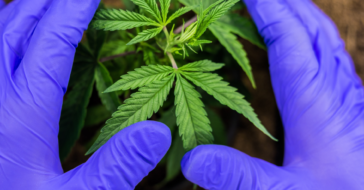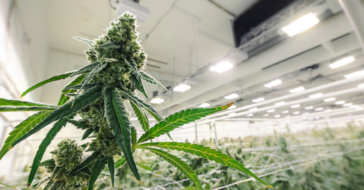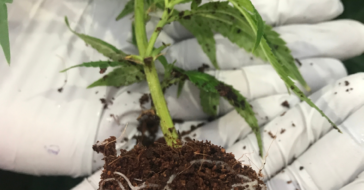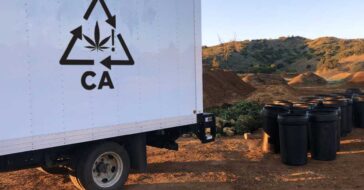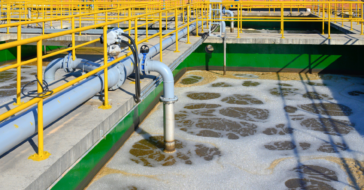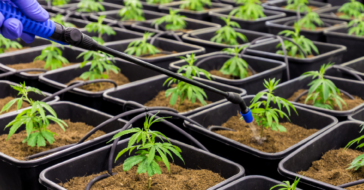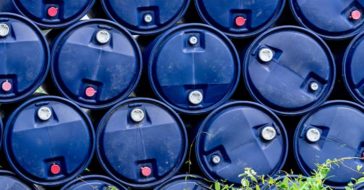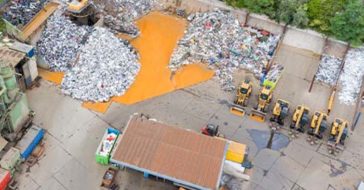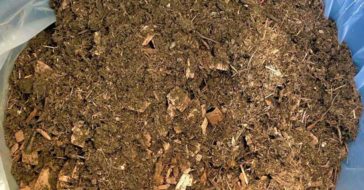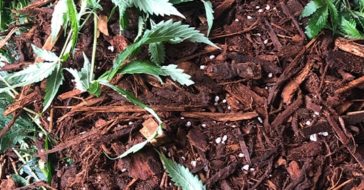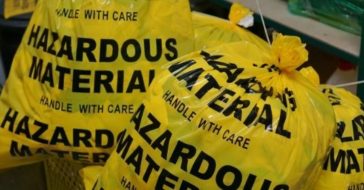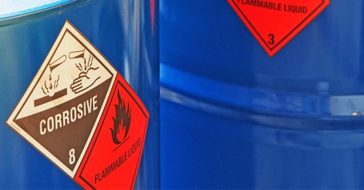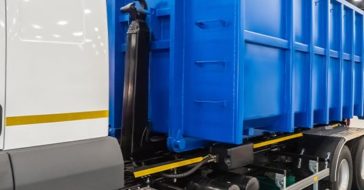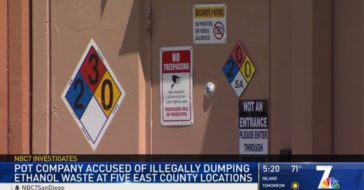California businesses have strict local, state, and federal regulations for accumulating and disposing of hazardous waste. It’s important to follow this protocol, as hazardous materials incidents can cost you big, but even worse, put yourself, employees, customers, or business partners in dangerous situations. Still, making sense of all the legal definitions can be confusing. Below, Easy Cannabis Waste outlines some of the hazardous waste storage guidelines California cannabis businesses will need to follow in the workplace.
What Counts as Hazardous Waste in a Cannabis Business?
Generally speaking, much of cannabis waste is deemed non-hazardous as long as its rendered unusable and unrecognizable. This includes actual cannabis byproducts, such as stalks, stems, leaves, flowers, oils, waxes, and even any ancillary tools used for manufacturing. It also takes into account retail and distribution byproducts, including those that were returned, damaged, or expired.
Hazardous waste determination is based on whether the product is toxic, reactive, ignitable, or corrosive. So although many cannabis byproducts are not deemed non-hazardous (as long as they’re made unusable and unrecognizable), many of the materials used to create these products are, in fact, hazardous, such as:
- Waste solvents such as ethanol and butane
- Fertilizers
- Pesticides
- Used reactive waste
- Aerosols
- Contaminated absorbent materials
- Universal waste
The Right Way to Getting Rid of Waste: Hazardous Waste Regulations for Your Cannabis Business
From proper labeling to storage time limits, there are so many considerations your cannabis business needs to make to stay compliant. The list below is by no means inclusive, but it is a good starting point for commercial cannabis facilities creating hazardous waste programs.
1. Hazardous Waste Storage
Many cannabis businesses will use hazardous waste containers to store their accumulated material. You’ll need to ensure the container itself remains in good condition, closed, and inspected weekly. You’ll have 180 days to empty your storage containers from when accumulation began, or 270 if you are 200 miles away from a waste disposal facility. If you are a large quantity generator, meaning you generate more than 2,200 pounds of waste monthly, you’ll need to empty your containers every 90 days from when accumulation began.
2. Labeling Hazardous Waste
You’ll need to label any containers or tanks in your hazardous waste storage area with a waterproof sticker. This sticker needs to indicate that the material is hazardous; the date when accumulation began; the physical state of the waste; and its hazardous properties. It will also need to indicate your business name and address.
3. Emergency Response Plans
Preparedness and prompt response are key in minimizing hazardous materials incidents. Cannabis businesses can reduce their chance of an incident occurring by using containers with tight-fitting lids, keeping their containers in good condition, and only opening them when waste is being added or removed. Also, be very mindful of what you place in storage; incompatible waste can be dangerous when mixed together.
It is important to notify everyone on-premises immediately if an incident occurs and contact your local fire department.
4. Moving Hazardous Waste Off-Site
After the time limit is over, you’ll need to remove any waste accumulation from your facility immediately. You can self-haul, but remember that you must file the California Hazardous Waste Manifest, the paper trail that moves with your discarded products. (This paperwork will need to be submitted to the Department of Toxic Substances Control.) You’ll have to coordinate and ship to a waste management facility authorized to accept the waste.
You can really compromise your business by not following all the procedures for maintaining and moving hazardous waste off your commercial property. That’s why many trust Easy Cannabis Waste, the premiere hazardous waste transporter in Southern California.
We provide comprehensive solutions to cannabis waste management to ensure our clients’ storage and shipping needs are met entirely. Request a free consultation from us, so we can help you find the right cannabis hazardous waste management plan for your company.

